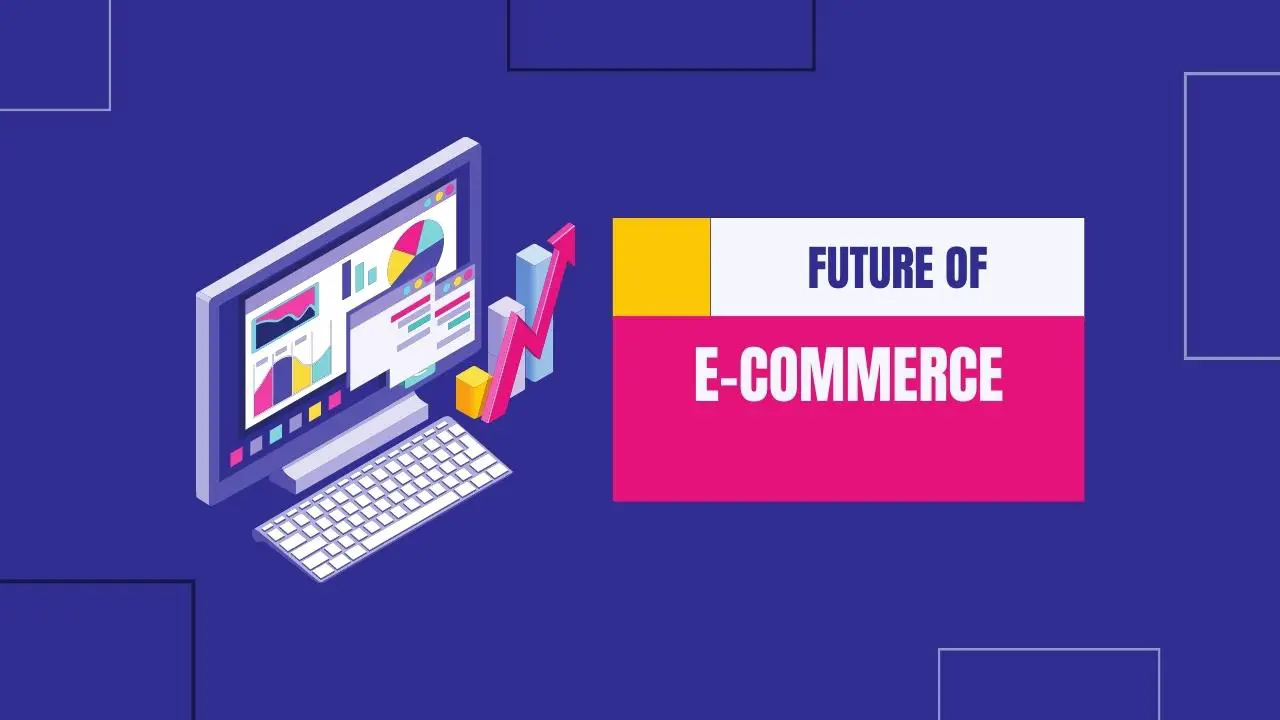The future of e-commerce and how to capitalize on it
The e-commerce industry has come a long way since the first online sale was made in the 1990s. Today, e-commerce is a multi-billion dollar industry that is growing at an unprecedented rate. According to eMarketer, global e-commerce sales are expected to reach $4.9 trillion by 2023. In this blog, we will explore the future of e-commerce and how businesses can capitalize on it.

Personalization
One of the biggest trends in e-commerce is personalization. Consumers want personalized experiences when they shop online. They expect businesses to offer recommendations based on their past purchases, browsing history, and preferences. In fact, a study by Epsilon found that 80% of consumers are more likely to make a purchase when brands offer personalized experiences.
To capitalize on this trend, businesses should invest in technologies such as AI and machine learning to analyze customer data and offer personalized recommendations. They should also create personalized email campaigns and use retargeting ads to bring customers back to their online stores.
Mobile Commerce
Mobile commerce is another trend that is reshaping the e-commerce industry. Today, more and more consumers are shopping on their mobile devices. In fact, a study by Statista found that mobile commerce accounted for 72.9% of all e-commerce sales in 2021.
To capitalize on this trend, businesses should optimize their online stores for mobile devices. They should also invest in mobile apps that offer a seamless shopping experience for customers. These apps should be user-friendly and offer features such as one-click checkout and easy navigation.
Voice Commerce
Voice commerce is an emerging trend that is expected to transform the e-commerce industry in the coming years. With the rise of smart speakers and virtual assistants such as Amazon Alexa and Google Home, consumers can now shop using their voice.
To capitalize on this trend, businesses should optimize their online stores for voice search. They should also create voice-enabled shopping experiences that allow customers to purchase products using their voice. These experiences should be designed to be simple, fast, and convenient.
Augmented Reality
Augmented reality is another trend that is gaining traction in the e-commerce industry. With augmented reality, consumers can visualize products in a realistic way before making a purchase. This allows them to see how products will look and fit in their homes before buying them.
To capitalize on this trend, businesses should invest in augmented reality technologies that allow customers to visualize products in a realistic way. They should also create augmented reality experiences that are easy to use and offer a seamless shopping experience.
Social Commerce
Social commerce is the use of social media platforms to sell products and services. With social commerce, businesses can reach customers where they spend most of their time online. This trend is gaining momentum as social media platforms such as Instagram and Facebook continue to introduce new shopping features.
To capitalize on this trend, businesses should optimize their social media profiles for e-commerce. They should also create social media campaigns that promote their products and services. These campaigns should be designed to be visually appealing and shareable.
In conclusion, the future of e-commerce is bright, and businesses that capitalize on these trends will be the ones that thrive. By investing in personalization, mobile commerce, voice commerce, augmented reality, and social commerce, businesses can create engaging online shopping experiences that will attract and retain customers. As the e-commerce industry continues to evolve, it is important for businesses to stay ahead of the curve and embrace new technologies and trends to stay competitive.
Also Read : Remote team management

